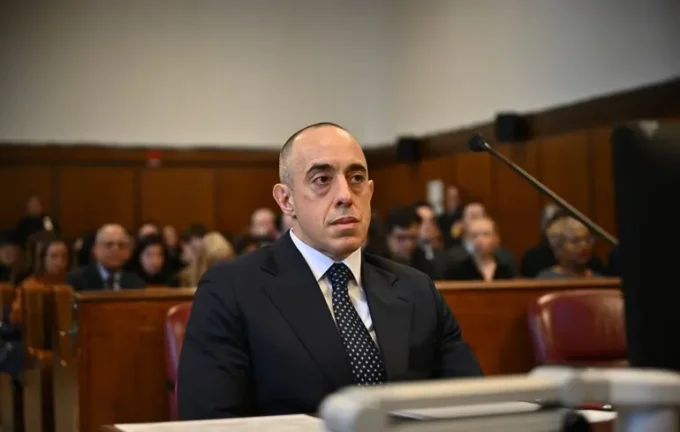US Senate Confirms Former Trump Lawyer as Federal Appellate Judge Amid Controversy and Complaints

In a significant development, the United States Senate approved the appointment of former President Donald Trump's lawyer, Emil Bove, to a judgeship in the federal appellate court.
This decision followed intense debates and heated disputes surrounding his candidacy, which included multiple complaints and accusations.
On Tuesday, July 29, the Senate voted nearly unanimously — 50 in favor and 49 against — to confirm Bove.
The vote was predominantly partisan, with most Republicans supporting his appointment, while several Republican senators, such as Liz Meriwether and Susan Collins, voted against.
Democrats largely opposed, reflecting the deep polarization in the process of judicial nominations.
Bove emerged as one of the most controversial judges appointed by Trump, with supporters highlighting his loyalty to the former president and political proximity, while opponents questioned his independence as a judge and argued that he appears to serve political interests over impartial justice.
Despite objections, his appointment grants him a lifetime position in the Third Circuit Court of Appeals.
Notably, the process was expedited compared to usual procedures, prompting criticism from opposition figures who argued that there was insufficient time for thorough debate.
Many former prosecutors expressed concern that Bove might leverage his position to further Trump's political agenda, pointing to his role in administrative reforms and immigration strategy during the Trump administration.
Several whistleblowers accused Bove of suggesting on a March meeting that subordinates might need to ignore court rulings impeding Trump's deportation efforts.
These allegations have drawn attention from senators and the broader legal community.
The event underscores the increasing political tension in the U.S., raising questions about the independence of the judiciary and the extent of partisan influence in judicial appointments.
Various experts warn that these developments could have lasting impacts on the U.S.
legal system and its democratic foundations.

